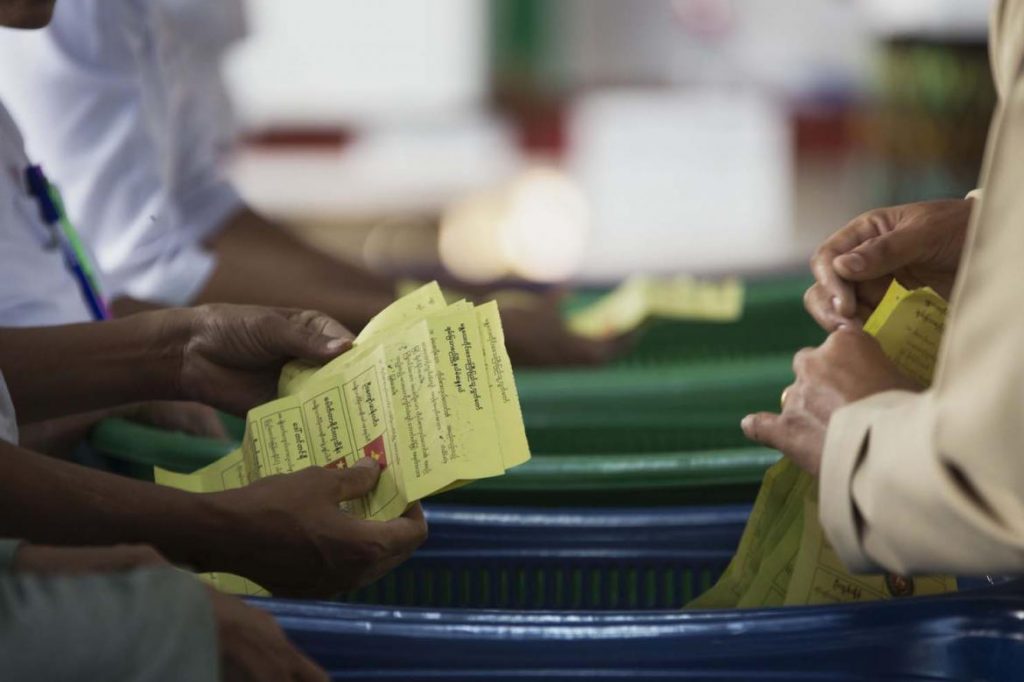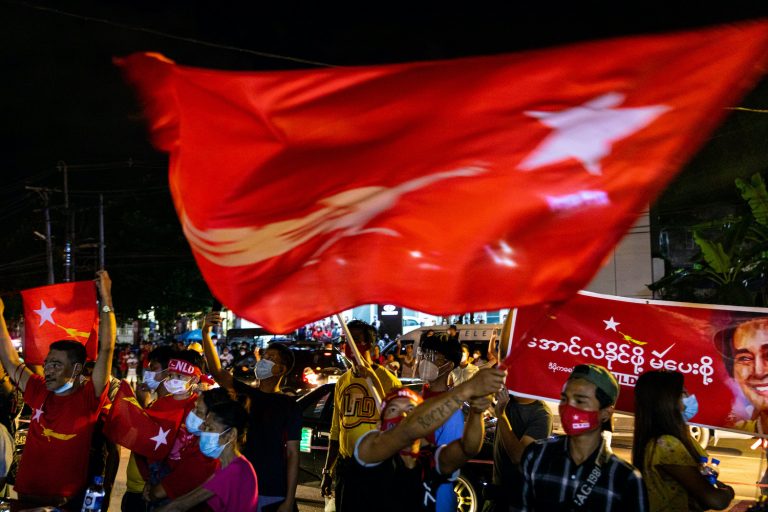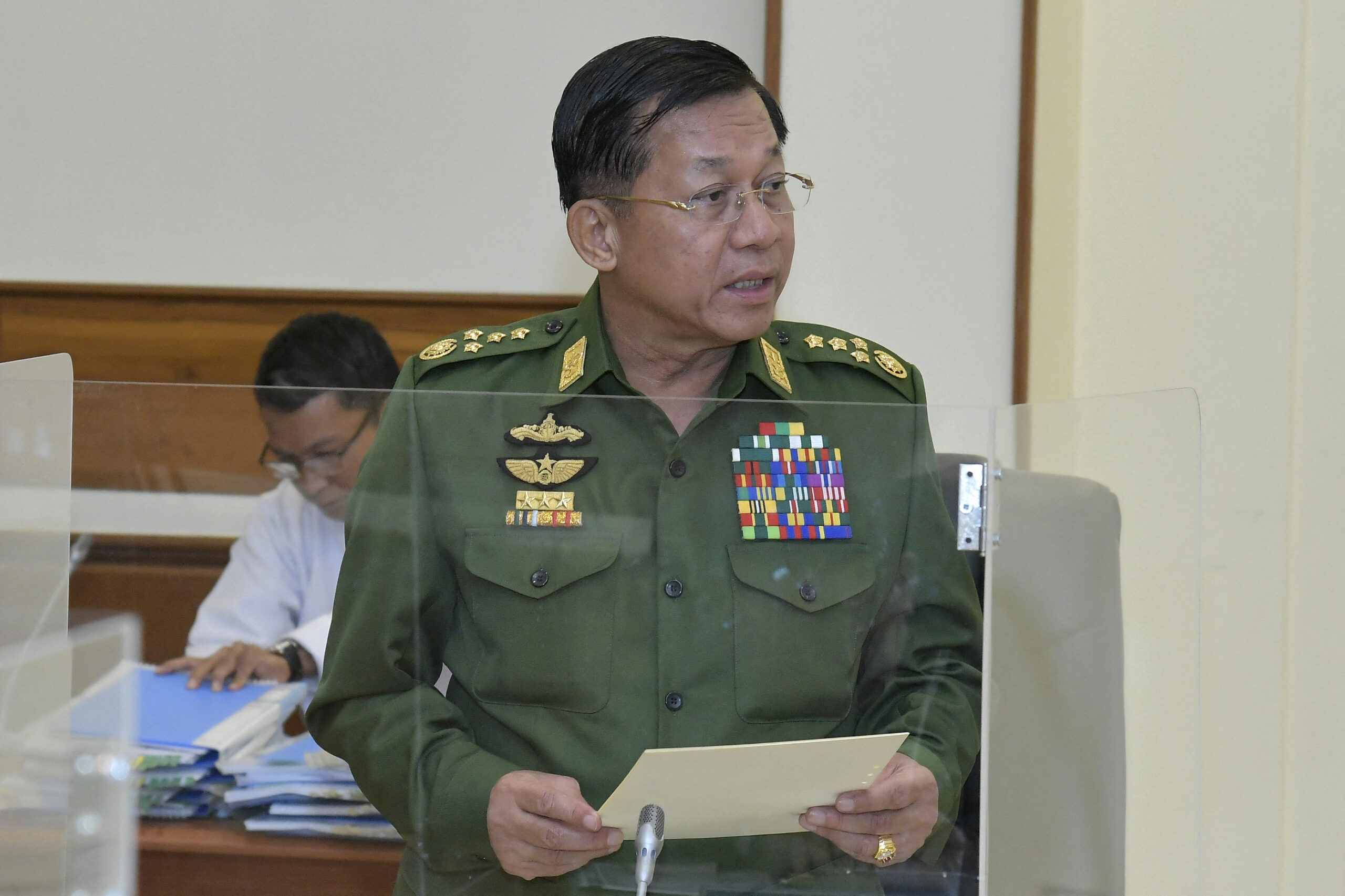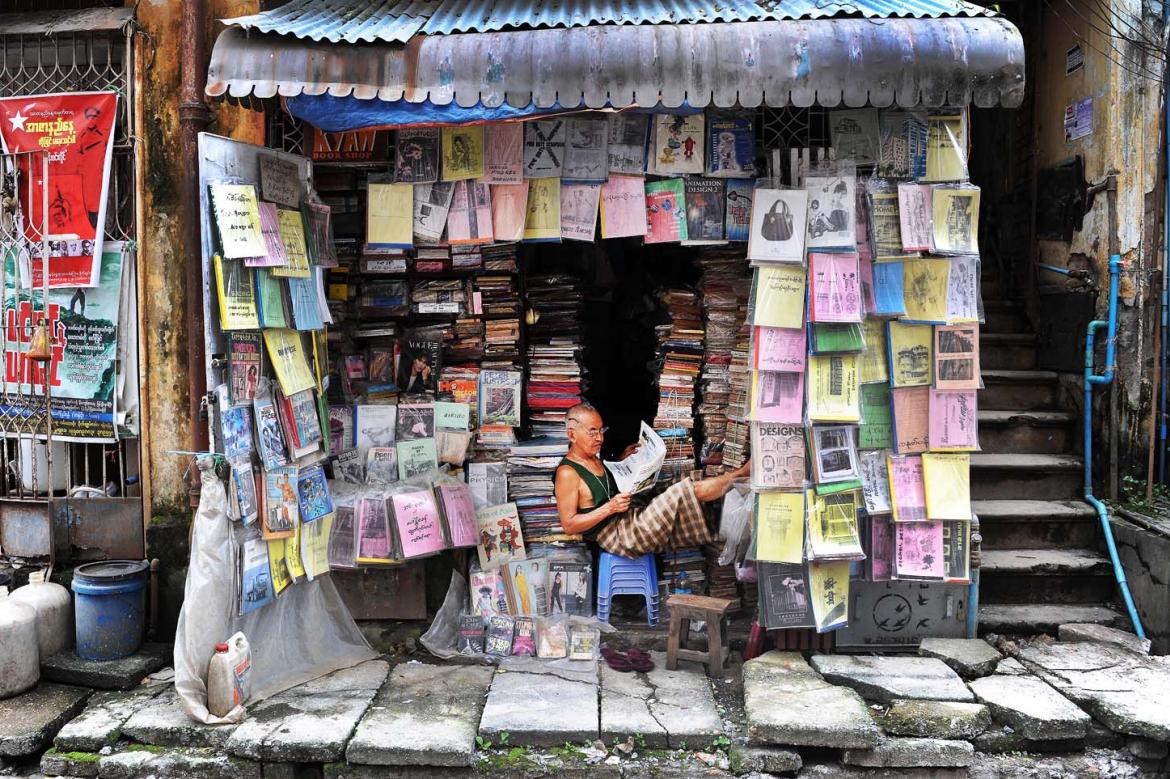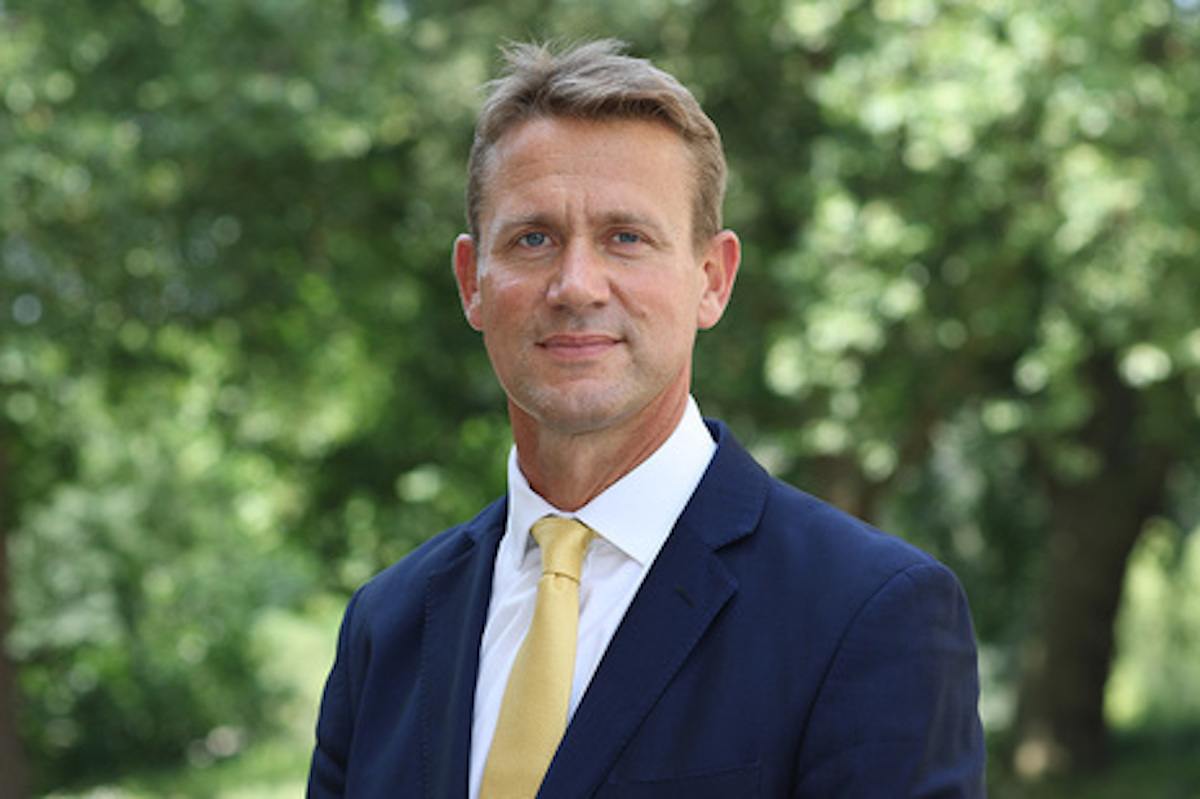A long history of military dictatorship and sham polls combined with tense relations between the National League for Democracy and the Tatmadaw make it essential a free and fair general election takes place later this year, despite the COVID-19 global pandemic.
By SITHU AUNG MYINT | FRONTIER
MYANMAR is facing myriad problems: conflict in Rakhine State, the failure of the National League for Democracy to amend the 2008 Constitution in parliament; the exodus of more than half a million Muslims to Bangladesh; Myanmar being prosecuted at the United Nations’ International Court of Justice; deadlock in the peace process. And now we have the arrival of the coronavirus, also known as COVID-19, which is posing a threat to the whole world.
At the same time, Myanmar’s Union Election Commission is working to hold a free and fair general election at the end of 2020. Given all that is going on in Myanmar and the world, why is it important to hold an election in Myanmar? And is it likely to be held?
Myanmar has been under military dictatorship for most of its modern history and has had few free and fair elections. More often it has held elections that were just for show, to cement the power of the dictators.
In 1988, a nationwide uprising of ordinary people demanding democracy was crushed by a military takeover. The generals who took power held a reasonably free and fair election in 1990, but they refused to transfer power after the NLD won in a landslide. Instead, the generals drew up a new constitution to preserve their grip on power. It was approved at a farcical referendum in 2008 and under this constitution they held an election in November 2010.
The 2010 election was an election in name only. The military dictators drew up the election law to suit themselves and set the rules to exclude opposition groups, such as the NLD, from taking part. To get the result they wanted, they appointed a former general as chair of the election commission. International groups were not allowed in to Myanmar to observe the election. At the time of election, there was also no free media. The poll was carefully planned in order to transfer power to the Union Solidarity and Development Party, which had been set up by the Tatmadaw.
The next election was held in 2015. USDP leaders knew that because NLD and opposition ethnic parties were taking part this time, they were unlikely to get many seats. However, they hoped to win enough to join forces with the Tatmadaw’s 25 percent bloc and appoint the president, who would then form government. Some Union-level ministers from the USDP government said they were expecting this outcome, and they appeared to have one factor in their favour: the head of the UEC was U Tin Aye, a former senior military official.
But the 2015 election did not turn out anything like USDP leaders and the Tatmadaw had expected. This was partly because the USDP had split before the election into a group led by U Shwe Mann, speaker of the Pyithu Hluttaw, and a group led by President U Thein Sein. The Tatmadaw stood by Thein Sein as he removed Shwe Mann and his followers from the USDP leadership. This unfolded barely three months out from the election.
There was another factor that arguably contributed to a USDP loss. To show the world the election was free and fair, Minister for the President’s Office U Soe Thane allowed international groups to come in and observe the process. In this situation, even if UEC chairman Tin Aye wanted to rig the election, he wasn’t in a position to do so – he had no choice but to let the election play out normally. As expected, the result was that Daw Aung San Suu Kyi and the NLD won in a landslide.
It’s easy to forget now that, although the NLD won the election, it was not certain that the USDP would hand over power. If Thein Sein didn’t want to hand power to the NLD, he could have used his rights under the constitution to transfer absolute power to the military. There were a range of possible reasons that Thein Sein didn’t do this. One was that U Than Shwe, the former senior general who ruled from 1992 to 2011, did not want another dictator to emerge. Another was the effect it would have on Myanmar’s international relationships, particularly recent efforts to reduce the country’s dependence on China by rebuilding ties with the West.
The handover of power, then, was not because the military had become weak, or that the NLD had become particularly powerful. It was a happy coincidence of other factors.
A saying emerged after the NLD took office that Myanmar’s transition to democracy was not yet secured and could turn back at any time – basically, that there is no guarantee a military takeover will not happen again. Intellectuals, politicians and some military officials have said as much.
On March 17, for example, Lieutenant-Colonel Myo Htet Win, a Tatmadaw lawmaker, told journalists immediately after the military MPs had blocked constitutional reform in the parliament: “It is dangerous to have the attitude that unless you endorse my or my party’s 114 [constitution amendment] proposals, you are my enemy, and to attack those who do not agree with you.”
Asked to clarify his comments, Myo Htet Win later offered only a vague explanation. But the meaning is clear enough: if you slander the soldiers who objected to amending the 2008 Constitution, there might be a takeover of power. It is an indirect warning, but a warning nonetheless.
Taking all of this into consideration, it is essential that a free and fair general election takes place later this year. At present, Myanmar – like every country around the world – is facing the threat of COVID-19. However, this should have passed by the end of the year, when the election is scheduled to take place. The international community needs to provide support to Myanmar to ensure the election not only goes ahead this year, but that it is free and fair.


